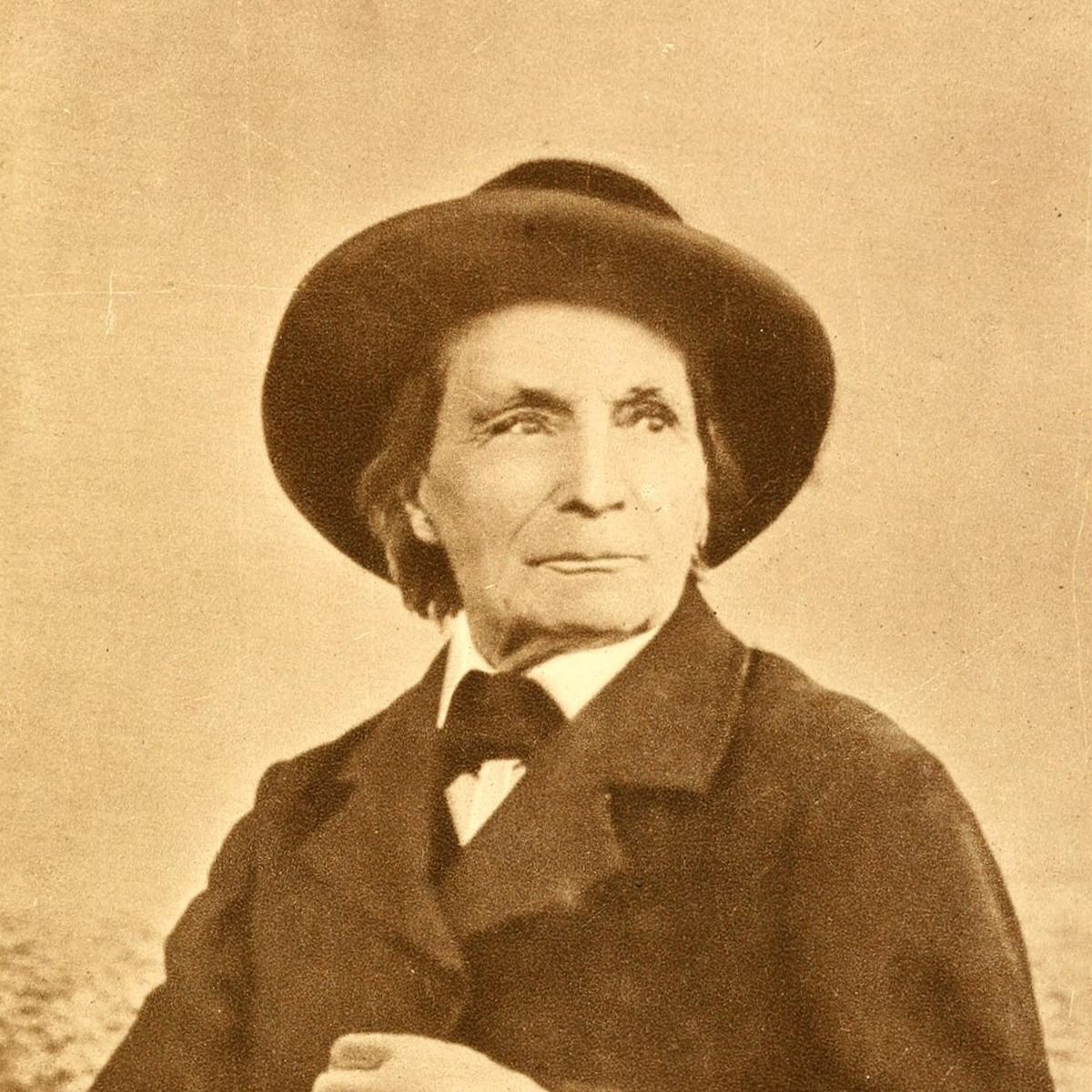A BARREN PROMISE
Jun 05, 2023

I was an entomologist, and author known for the lively style of my popular books on the lives of insects.
I was an entomologist, and author known for the lively style of my popular books on the lives of insects.
Jun 05, 2023
Jun 05, 2023